Tesla Reportedly Working on a Million-Mile Battery Pack
【Summary】While Tesla’s CEO, Elon Musk, has a habit of making bold claims, a scientific study proves that this one isn’t as farfetched as it sounds.
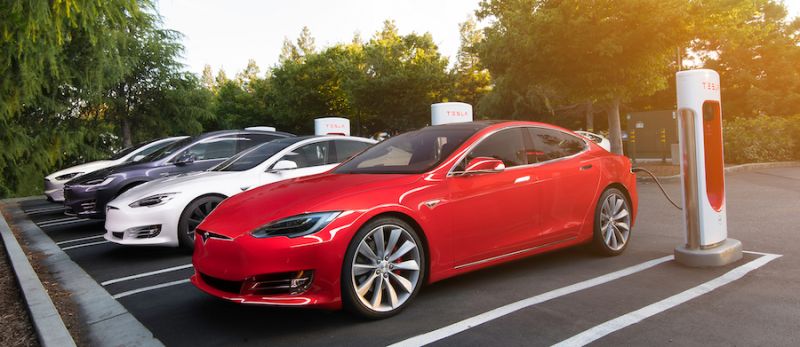
There are a few things that are holding electric cars back from beating gasoline-powered vehicles in a direct head-to-head comparison. Range is one of them , while longevity is the other. Owners of the first crop of EVs have claimed that their car's batteries are running out of juice after just a few years of use. Early owners reported having troubles with the Nissan Leaf's battery within the first 100,000 miles. In a gas-powered car, the engine's barely broken in by that point. Leave it to Tesla, and outspoken CEO Elon Musk, to have a solution to that problem.
Tesla Aiming For 1 Million Miles
As Wired reports, last April, Musk claimed that Tesla was working on a battery pack that could ensure its vehicles would be able to cover 1 million miles without needing to be changed. As with Musk's other claims, this one's a bit out there, as current Teslas are expected to get roughly 500,000 miles out of their current battery packs. While that's well off of Musk's proposed figure, it's much better than the lifespan of other EVs.
While it would be easy to write off the million-mile figure as bologna, a recent paper by The Journal of the Eletrochemical Society looked into the claim and it reportedly checks out. Beyond that, the paper, which was published by Dalhousie University in Canada, also details battery chemistry that could see the production of battery cells with that kind of mileage. The study, while illuminating, should be taken with a grain of salt as the university has an exclusive agreement with Tesla, reports Wired.
As outlined in the paper, batteries that are capable of handling a total of 1 million miles are made up of lithium nickel manganese cobalt (NCM) oxide for the battery's cathode and artificial graphite for the anode. Lithium salt that's been blended with other compounds acts as the electrolyte. But none of this is exactly a mystery to automakers and battery manufacturers. EVs like the Nissan Leaf and the Chevrolet Bolt use similar makeup for their batteries.
4,000 Cycles is The Key
What physicist Jeff Dahn and a team of lithium-ion researchers found is that larger NMC crystals and tweaks to the nanostructure of the battery's cathode are crucial. Lin Ma, a former PhD student in Dahn's lab claims the "single-crystal" nanostructure isn't as likely to develop cracks when an EV is being charged. Cracks, claims the outlet, are what cause a battery to decrease in lifespan and performance.
The battery design that the university came out with is capable of 4,000 full charges and depletion cycles with roughly a 10 percent loss in capacity. "Four thousand cycles is really impressive," said Greg Less, technical director at the University of Michigan's Energy Institute battery lab. "A million-mile range is easily doable with 4,000 cycles."
A battery with this kind of lifespan would be best for commercial use, like in taxis, semi-trucks, or delivery vehicles. All of these cars rack up miles quicker than your average daily driver and are more likely to need full recharges on a daily basis.
Why would Dahn's team come out with an ideal battery for companies to be chasing after? Especially if the report was conducted at the behest of Tesla? The short answer, apparently Tesla already has a proprietary battery chemistry that's similar to what's described in the paper. And, shortly after the paper came out, Tesla received a patent for a lithium-ion battery that's awfully similar to the one in the paper
-

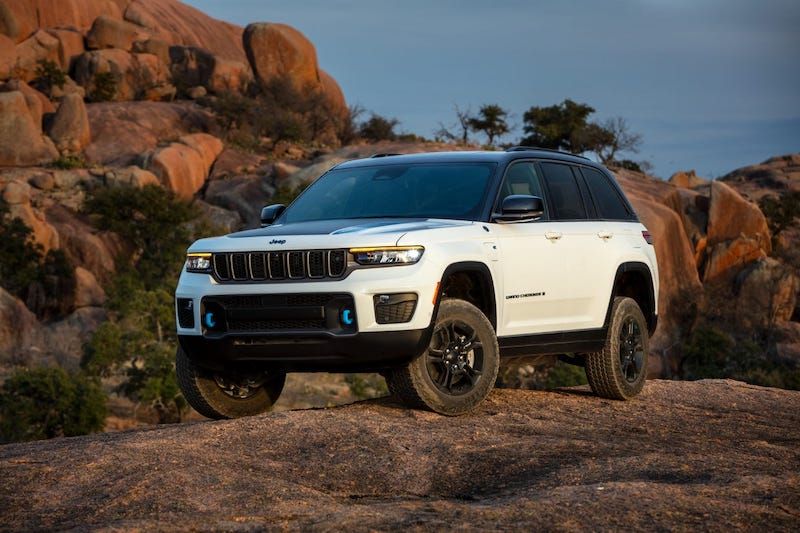
2023 Jeep Grand Cherokee Trailhawk Now PHEV Only
-

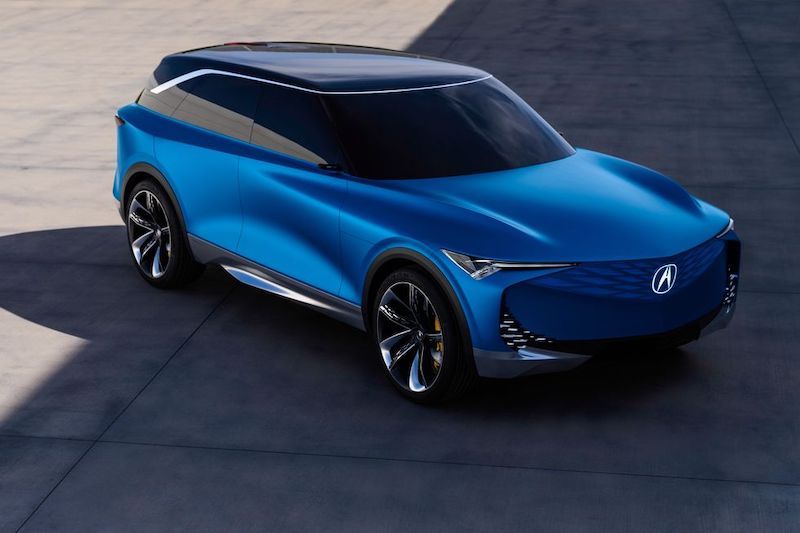
Acura Prevision EV Concept Previews Brand’s Electric Future
-


Hyundai Gets Serious About Electric Performance Cars, Shows off Two Concepts
-

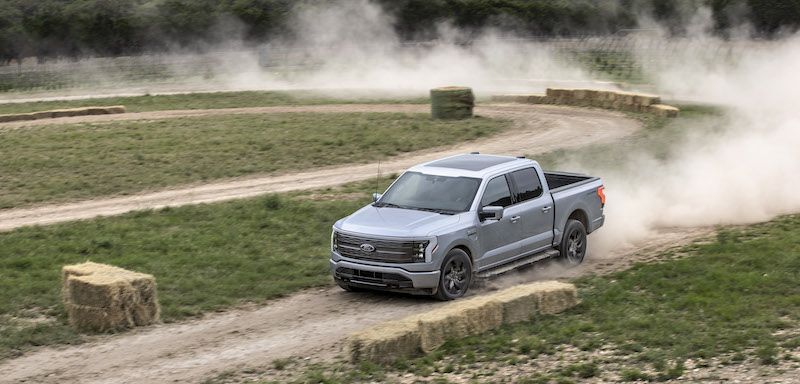
Ford Looks to Have 100% of EV Sales Be Online
-

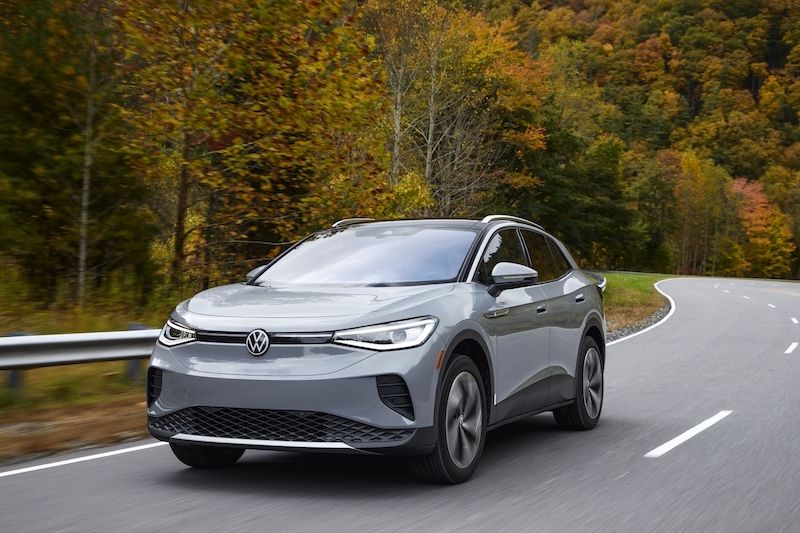
Volkswagen CEO Believes It Will Overtake Tesla in EV Sales by 2025
-

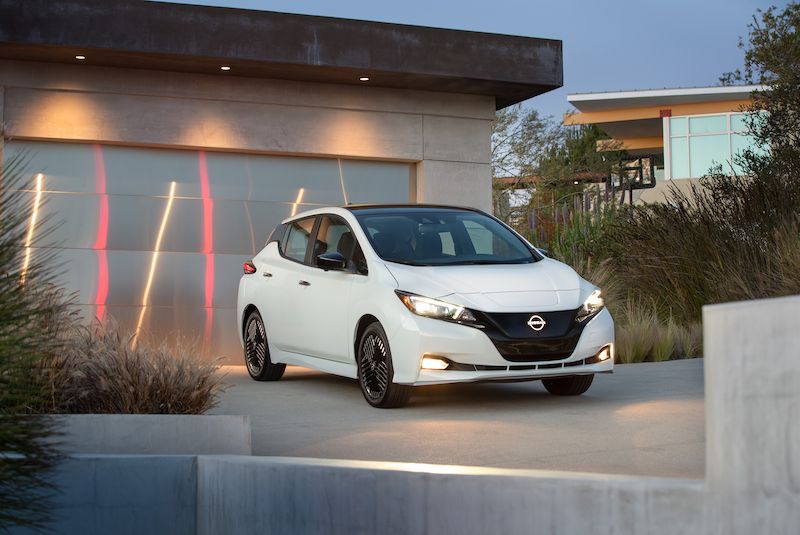
Report Claims Nissan Leaf Will Be Discontinued by 2025
-


Autonomous Vehicles Will Require Cities to Change Their Transportation Methods
-

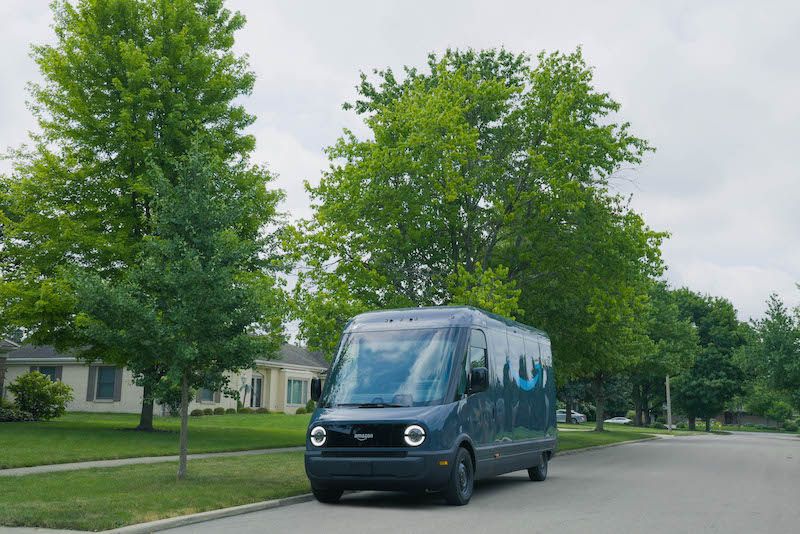
Rivian, Mercedes-Benz Partner to Produce Electric Commercial Vans
- Prices For Used EVs Continue to Rise as Gas Cars Drop
- The World’s Biggest Battery Producer CATL Signs MoU with EV Startup VinFast to Develop a ‘Skateboard’ Electric Vehicle Platform
- California Startup Orbis Brakes Debuts its Revolutionary 'Periodic Wave' Brake Line Developed in Collaboration with NASA
- BMW Expands i4 Lineup With the Affordable eDrive35
- Amazon Customers in Texas and California Will Begin Receiving Packages via Prime Air Drones Later This Year
- General Motors Launches ‘EV Live’ an Interactive Virtual Experience Where Participants Can Learn More About Electric Vehicles
- Faraday Future Delays Launch of FF91 Electric SUV Again
- Consumer Reports Survey Finds Roughly 28% of Respondents Don't Want to Buy an EV
- Tesla Rival XPeng and Alibaba Cloud Set Up China’s Largest Cloud-Based Computing Center to Train Machine Learning Models for Autonomous Driving
- Solar-Electric Car Developer Lightyear Announces Technical Partnership with Hypercar Manufacturer Koenigsegg











 About Us
About Us Contact Us
Contact Us Careers
Careers